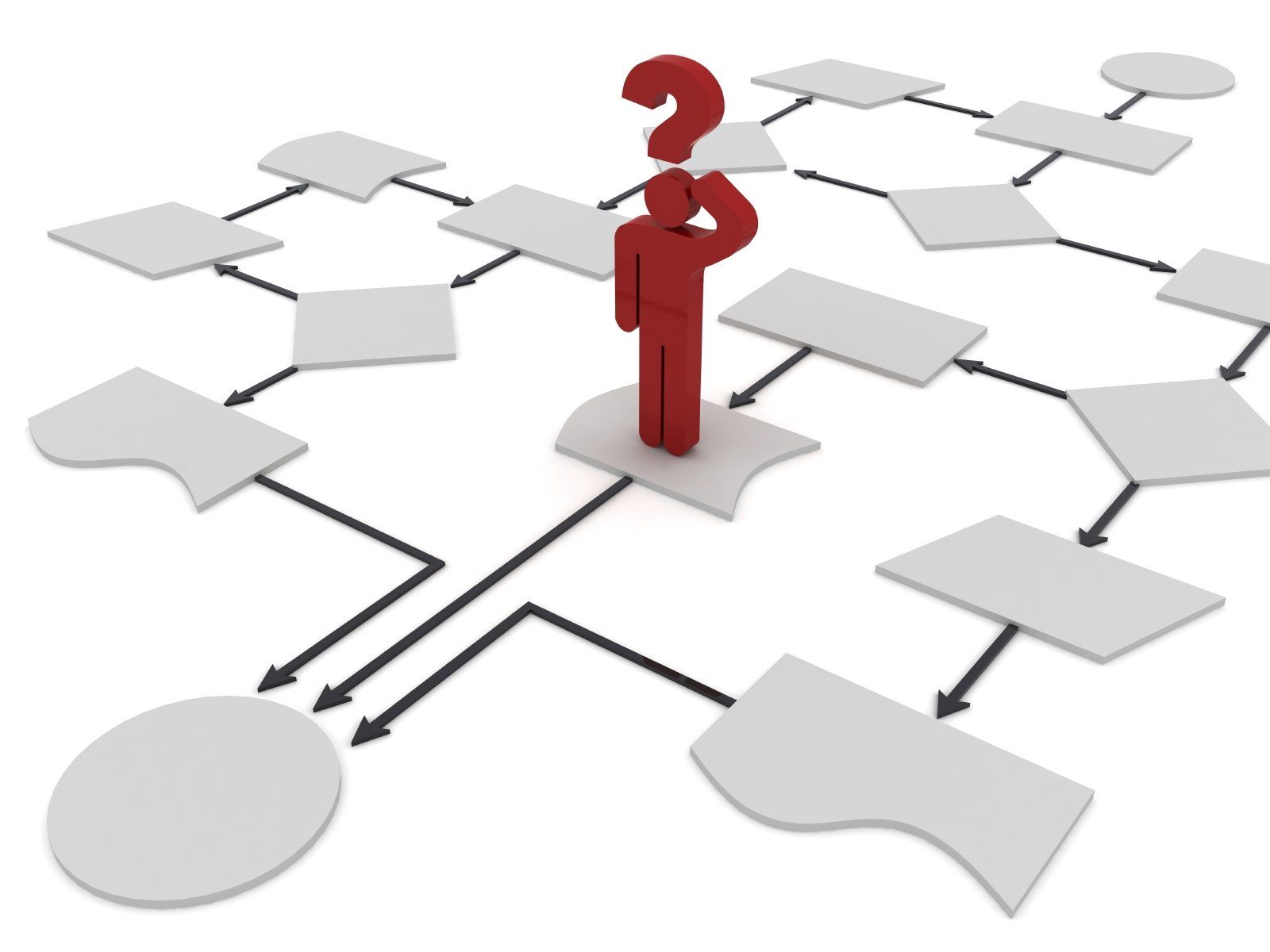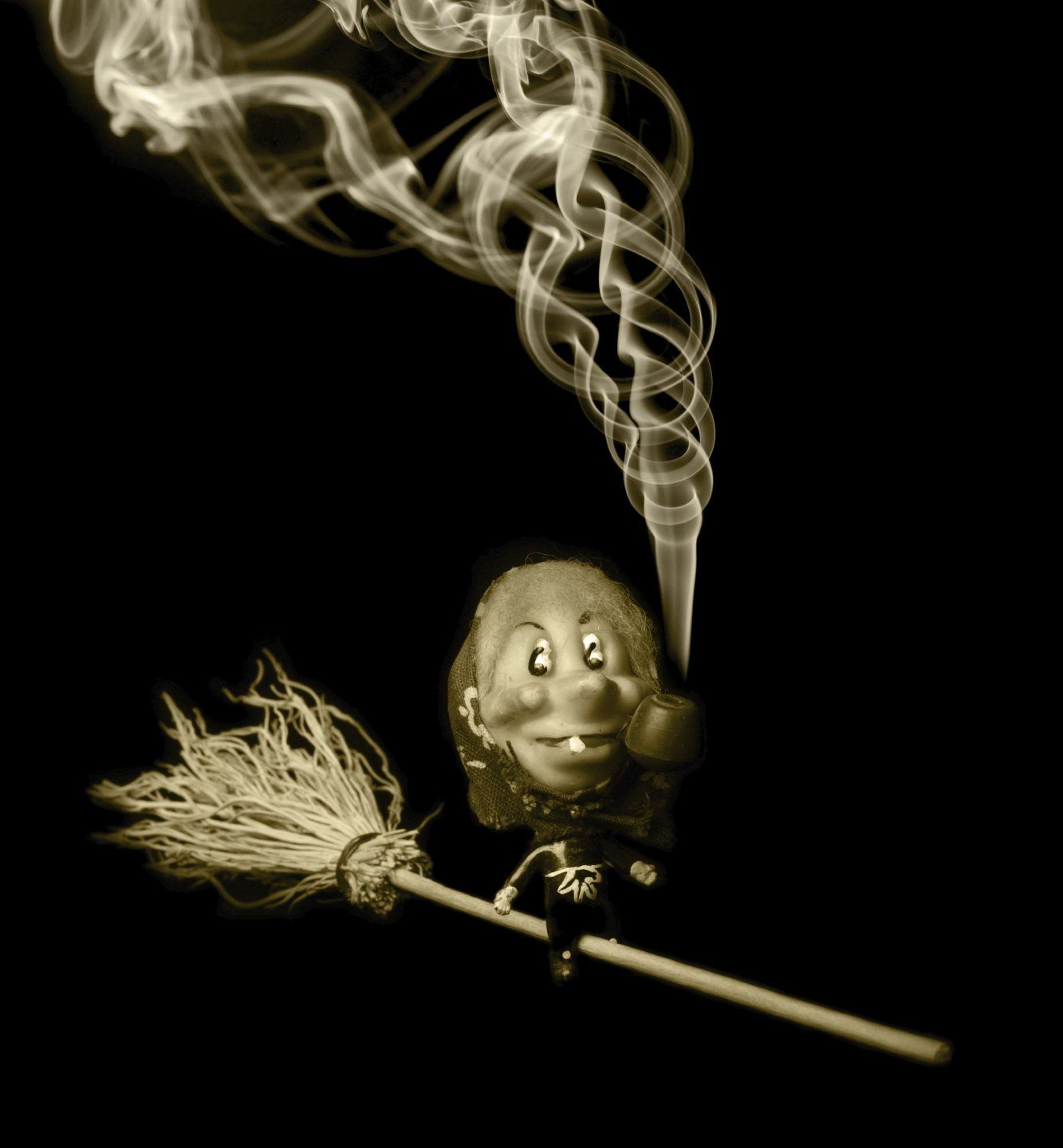Communication tips for your divorce lawyer
Most lawyers don't know what drives a narcissist
If you are divorcing a narcissist, it’s likely that you have a divorce lawyer. And it’s likely that the narcissist is running rings around them. But, even if your lawyer is informed enough to understand that narcissistic personality disorder is a real, diagnosable condition (and many aren’t), how they communicate with your ex (and their lawyer) is crucially important.
What many divorce lawyers fail to appreciate is that the normal rules of communication simply don’t apply when communicating with a narcissist. Narcissists aren’t driven by the same things that non-narcissists are, and they are wired completely differently. You may be aware of my phrase, ‘Narcissists are from Neptune’- inspired by the title of the classic book, ‘Men are from Mars, Women are from Venus’, which describes the different brain wiring between the genders, and what that means for effective communication.
"Narcissists are from Neptune..."
Well, the same is true for narcissists. If they were 3ft tall and had green heads, it would easy to remember to communicate with them in Neptunian. But of course, they look just like you and me, and they appear to be speaking the same language as us. But in actual fact, they are not.
Firstly, your divorce lawyer needs to understand what drives your narcissist so they do not feed into it, to your family’s detriment. Narcissists are driven by the need for narcissistic supply - the fuel that keeps them feeling emotionally safe. They are addicted to this fuel, but they do not know it. They cannot survive without it, and you, as their former partner, was their best source of it. When you left them (or when they left you), their biggest supply lines were cut.
No addict does well when their drug of choice is removed - and they often will do anything to get it back.
Usually without knowing why, a narcissist uses the divorce process, you lawyer, their lawyers and the courts to procure this fuel, which they obtain from:
- Your emotional reactions
- Drama
- Conflict
- Your fear
"Narcissists are driven by the need for narcissistic supply - the fuel that keeps them feeling emotionally safe"
Narcissists want to cause delay
The first point that your lawyer needs to be aware of is that a narcissist wants to cause delay. They want to keep you locked in this divorce battle for as long as possible, so get as much fuel from you. Enter the lawyer’s first mistake: Trying to explain a narcissist how if they can ‘achieve a quick resolution’.
In doing this, they are telling the narcissist exactly what to avoid doing. Trying to sell arbitration or hybrid mediation to a narcissist on the basis that it will mean that things get sorted out quickly is entirely counterproductive. Absolutely do not let your lawyer do it.
Instead, try to coax the narcissist into these quicker methods by playing on their sense of superiority. This is what the clever/rich/high status people are doing. These methods really mean that their points of view will be heard. That the professionals involved can be chosen from a list of really highly qualified people, rather than just being randomly allocated a judge (who may not even have a background in family law) or magistrates, who aren’t even legally trained.
"Enter the lawyer’s first mistake: Trying to explain a narcissist how if they can ‘achieve a quick resolution’."
Narcissists feed off your emotional reactions
Secondly, don’t let your lawyer write anything about your emotions in their letters to your ex’s solicitor. This is asking for trouble, and can only make things worse for you. “My client is shocked by your clients assertions…” “My client is disappointed/hurt/upset/ troubled by/concerned/outraged by your clients behaviour…”
No, no NO. In doing this your lawyer is telling the narcissist the very thing they want to hear. They will be receiving narcissistic supply from your emotions (even in writing). They will think, ‘Excellent - what I am doing is working! I will do more of the same!’
I’m not sure why lawyers feel the need to write emotively like like this, but they all seem to. Perhaps they think it will ‘look good to a judge’ (a judge won’t care, and will be going on the facts, not someone’s emotional reactions). Perhaps they think that it will appeal to the narcissist’s empathy (it won’t - narcissists are very low in empathy, and view their ex as ‘all bad,’ as they are unable to see people as a blend of good and bad traits). Perhaps they are simply doing what they’ve been taught to do, without questioning the detrimental effect of it. Or perhaps they are doing it because YOU want them too, because you want the narcissist to know how they are hurting you (pointless, and counterproductive, for reasons above).
Regardless of why your solicitor is writing like this, it has to stop. When communicating with a narcissist whether directly or via their solicitor, the aim is to stop feeding the narcissist narcissistic supply, so that they have to get it in another way - preferably from a new partner (though their adoration and attention).
I do carry out joint strategy sessions with clients and their lawyers, if this is something you are struggling with, and can even vet lawyers’ letters for them until they learn the strategies for themselves. To understand narcissistic personality disorder, your lawyer should also be willing to read ‘Narcissism and Family Law - A Practitioners Guide’ on their own time.
And if your lawyer refuses to listen to the advice above, get another, who will. You do not need an inadvertent enemy in your own camp, no matter how understanding and nice they may seem. You need someone effective, who has the humility to learn how to best represent you, and your family.
















